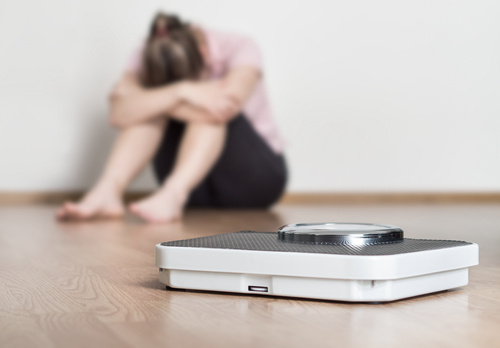The Benefits of Music Therapy in Addiction Recovery
The American Psychiatric Association explains substance use disorder (SUD), colloquially referred to as addiction, as a complex, chronic “condition in which there is uncontrolled use of substance despite harmful consequence” and it is listed as such in the Diagnostic and Statistical Manual of Mental Disorders, Fifth Edition (DSM-5). The development of substance use disorder does not occur immediately, nor will recovering from addiction be achieved instantaneously. There are a variety of treatment methods used to help individuals recover from substance use disorder.
Music Therapy Basics
Music therapy is an evidence-based therapy that, according to Cleveland Clinic, relies on “the clinical use of music to accomplish individualized goals such as reducing stress, improving mood and self-expression…[and] may include listening, singing, playing instruments, or composing music.” Formal music therapy was defined and first used by the United States War Department in 1945 to help military service members recovering in army hospitals with occupational therapy, education, recreation, and physical reconditioning. Music therapy is administered by a board-certified music therapist. It may be conducted in an individual or group setting and can be used in conjunction with other therapeutic modalities or on its own, during any stage of one’s recovery process.
The Benefits
Music can be used as a calming agent for anxiety or for dysregulation, as it acts as a medium for processing emotions, trauma, and grief. According to Psychology Today, “All forms of music may have therapeutic effects, although music from one’s own culture may be most effective. In Chinese medical theory, the five internal organ and meridian systems are believed to have corresponding musical tones, which are used to encourage healing. Types of music differ in the types of neurological stimulation they evoke.” There is an array of advantages to music therapy, including psychological, emotional, physical, spiritual, cognitive, and social benefits. The American Music Therapy Association explains that participating in music therapy can help:
- Lower blood pressure.
- Improve respiration.
- Reduce heart rate.
- Improve cardiac output.
- Relax muscle tension.
- Lower levels of anxiety.
- Increase pain threshold.
- Improve memory.
- Enhance motivation.
According to American Addiction Centers, “music therapy can be useful in addressing triggers that often spark relapse in recovering individuals. These triggers include boredom, loneliness, stress, and self-doubt.” Through utilizing music involvement in a therapeutic context, an individual recovering from substance abuse and/ or addiction can strengthen his or her self-concept. Music therapy can help to facilitate deep resolution that is not contingent upon one’s ability to articulate verbally, which can not only promote long-term recovery but ultimately improve one’s mental health, emotional well-being, and quality of life.
For Information and Support
Substance abuse and addiction can be incredibly dangerous and can result in severe short and long-term consequences. If you or someone you know is suffering from substance abuse or addiction, please get help as soon as possible. The earlier you seek support, the sooner you and your loved ones can return to leading happy, healthy, and fulfilling lives. There is no reason to go through this alone, and we are here to help. Please feel free to reach out to us for further information or with any questions regarding substance abuse or addiction. We are available anytime via telephone at: 213-389-9964, or you can always email us at: info@friendlyhousela.org.



